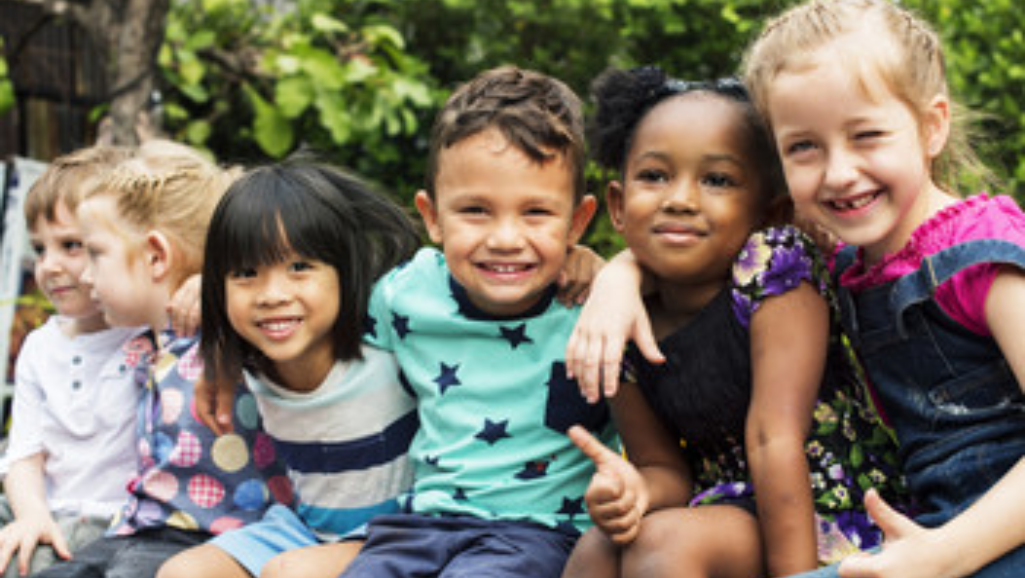Are you worried about your child’s social skills in kindergarten? Don’t fret! This article will guide you on how to help your child make friends in the early years. Set a positive and supportive foundation, encourage social skills development, and foster empathy and kindness. Provide opportunities for social interaction and support your child’s individuality and interests. With these simple tips, you’ll see your child thriving and building lasting friendships in no time.
Set a Positive and Supportive Foundation
To help your child make friends in kindergarten, start by creating a positive and supportive foundation through your words and actions. Building self-confidence is crucial for your child’s social development. Encourage them to believe in themselves and their abilities. Praise their efforts and achievements, no matter how small, to boost their self-esteem. Remind them that everyone has unique qualities and that they are special just the way they are.
Promoting inclusivity is another important aspect of setting a positive foundation. Teach your child to be accepting and kind to others, regardless of their differences. Encourage them to reach out to classmates who may be shy or new to the school. Help them understand the importance of being inclusive and making everyone feel welcome.
Lead by example and display positive behavior towards others. Show empathy and kindness towards your child’s peers, teachers, and other parents. Model good social skills by actively engaging in conversations, listening attentively, and respecting others’ opinions.
Encourage Social Skills Development
Now, let’s focus on how you can actively encourage your child’s social skills development in order to help them make friends in kindergarten. One effective way to do this is through role playing games. Role playing allows children to practice different social scenarios in a safe and controlled environment. You can create scenarios where your child has to introduce themselves to a new friend or resolve conflicts with others. By engaging in these role playing games, your child can develop important social skills such as communication, empathy, and problem-solving.
Another way to encourage social skills development is through cooperative play. This involves playing games or engaging in activities that require teamwork and collaboration. For example, you can organize a playdate where your child and their friends have to work together to build a tower or solve a puzzle. Cooperative play teaches children how to take turns, listen to others, and work towards a common goal. It also helps them understand the value of cooperation and compromise.
Foster Empathy and Kindness
- Encourage your child to show empathy and kindness towards others as a way to foster meaningful friendships in kindergarten. Teaching empathy and promoting kindness are essential skills that can help your child navigate social interactions and build lasting relationships. Here are some ways you can foster empathy and kindness in your child:
- Lead by example: Children learn best by observing the behavior of those around them. Show empathy and kindness in your own interactions, both with your child and with others.
- Discuss feelings: Encourage your child to talk about their own emotions and help them understand the feelings of others. This can be done through open conversations and by reading books that explore different emotions.
- Practice gratitude: Teach your child to appreciate the kindness of others and to express gratitude. Encourage them to say “thank you” when someone does something nice for them.
- Encourage acts of kindness: Encourage your child to perform small acts of kindness, such as sharing toys or helping a classmate. Recognize and praise their efforts to reinforce the importance of empathy and kindness.
Provide Opportunities for Social Interaction
How can you create opportunities for your child to interact socially and make friends in kindergarten? One effective way is by organizing playdates with other children. By inviting a classmate or two over to your house, your child will have the chance to engage in unstructured play and build friendships in a familiar setting. These playdates can help your child develop social skills and get to know their peers outside of the school environment.
Another way to provide opportunities for social interaction is by encouraging your child to participate in group activities. This could include joining extracurricular clubs or teams, attending community events, or enrolling in after-school programs. Group activities allow children to interact with a larger number of their peers, fostering social connections and facilitating the development of teamwork and communication skills.
Additionally, you can create opportunities for social interaction by organizing outings with other families. This could involve going to parks, museums, or playgrounds together. These outings provide a chance for your child to interact with other children while engaging in shared experiences and activities.
Support Your Child’s Individuality and Interests
Encourage your child’s unique passions and hobbies to support their individuality and interests. Nurturing friendships and promoting self-confidence can be achieved by embracing and supporting your child’s individuality. Here are some ways you can do that:
- Create opportunities: Encourage your child to participate in activities that align with their interests. Sign them up for extracurricular classes or clubs where they can meet like-minded peers. By engaging in activities they enjoy, they are more likely to meet and connect with children who share their passions.
- Celebrate their uniqueness: Help your child embrace their individuality by celebrating their unique qualities. Encourage them to express themselves through creative outlets such as art, music, or writing. By acknowledging and valuing their individuality, you are fostering their self-confidence and helping them develop a sense of identity.
- Support their interests: Take an active interest in your child’s hobbies and passions. Show genuine curiosity and engage in conversations about their interests. This not only strengthens your bond with your child but also demonstrates your support and encouragement for their individuality.




